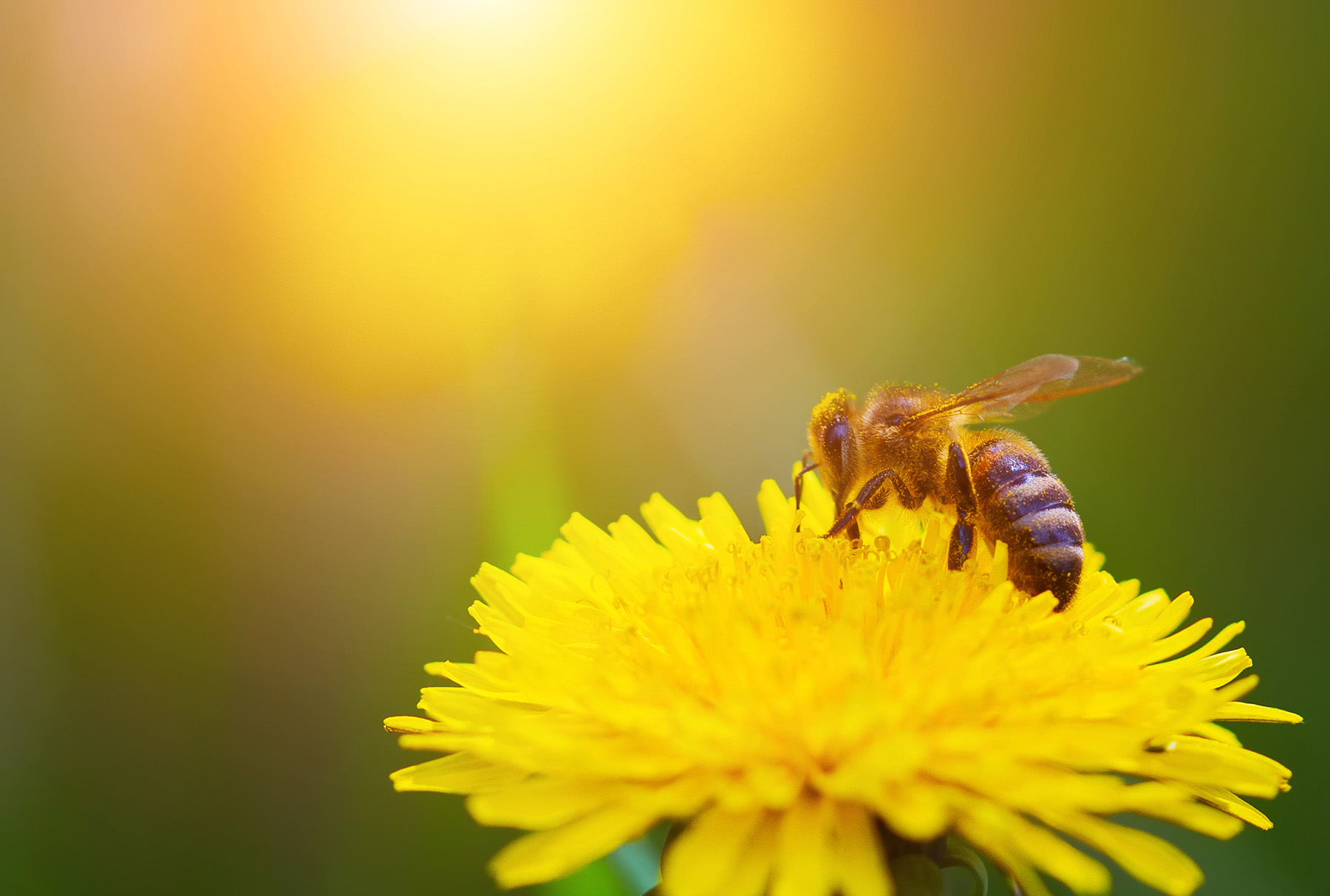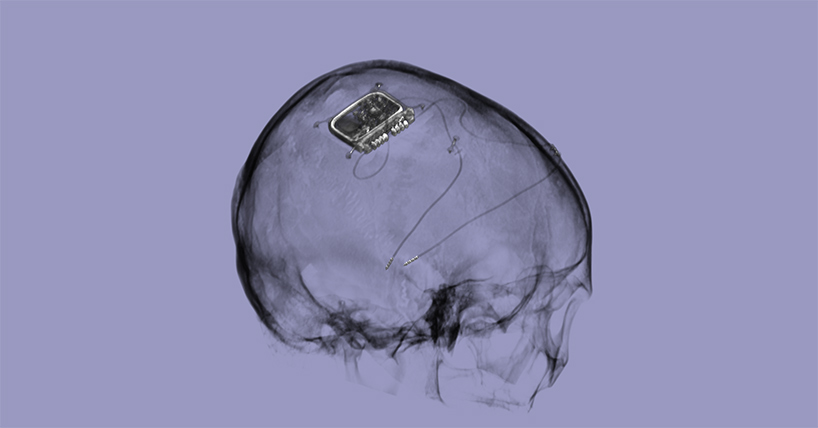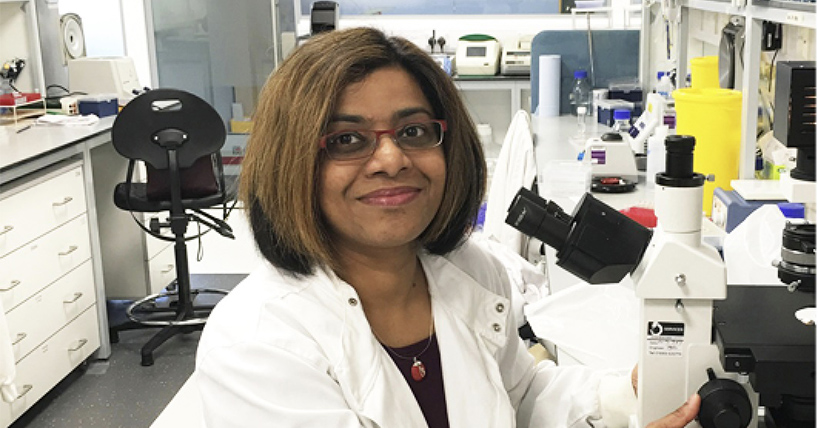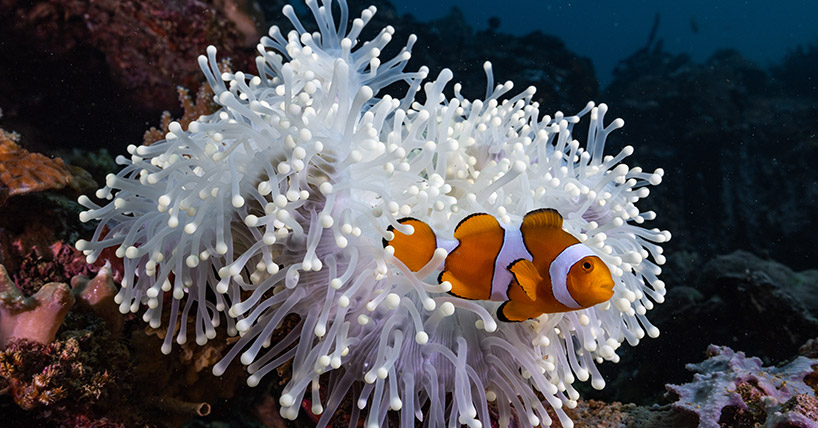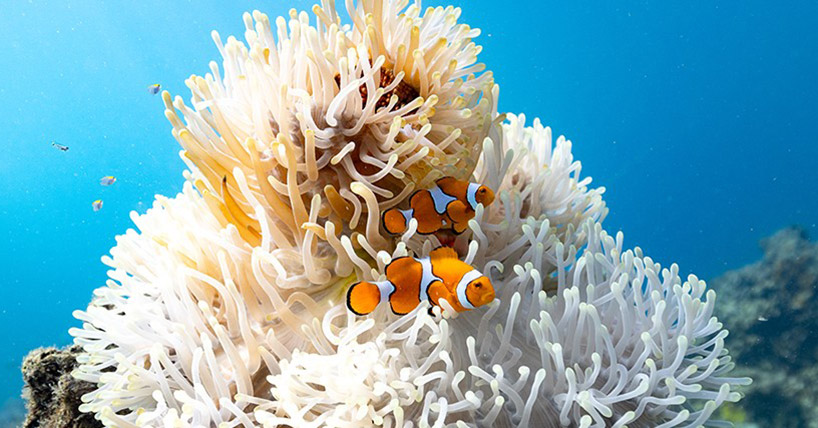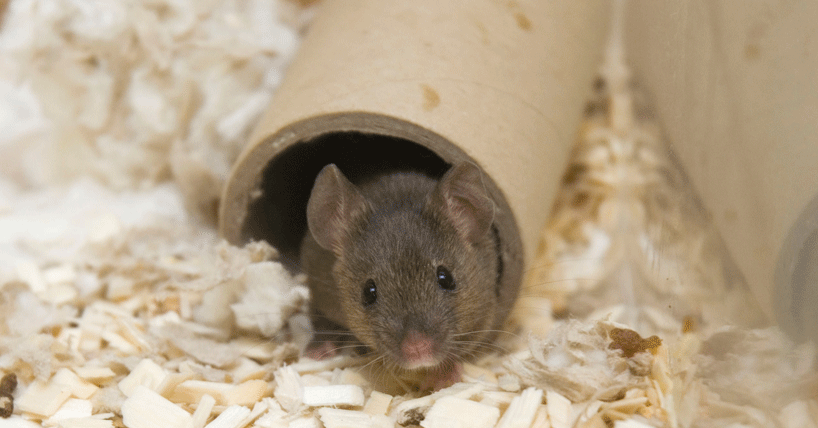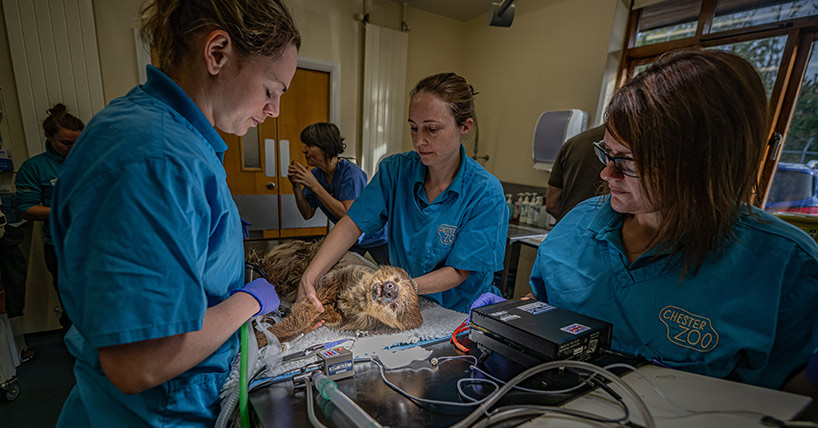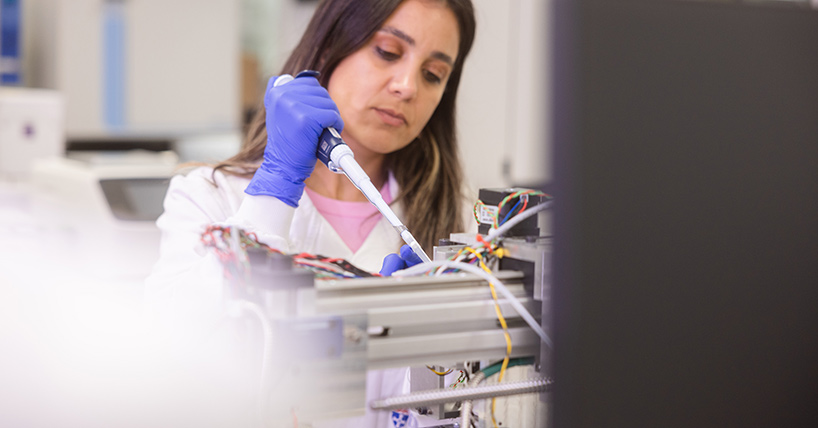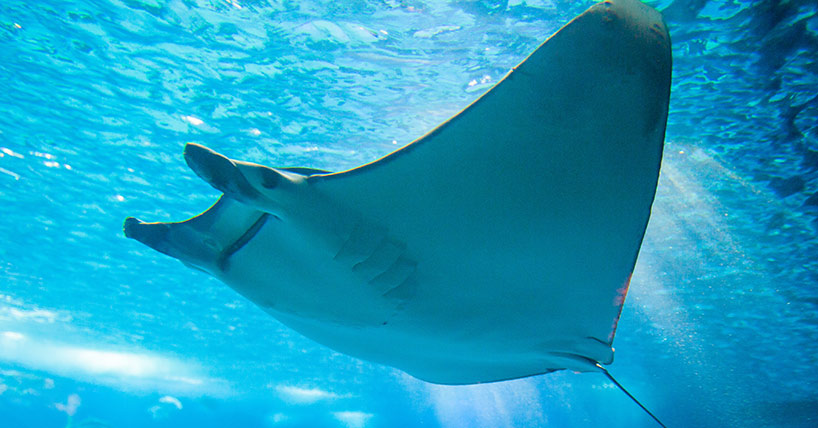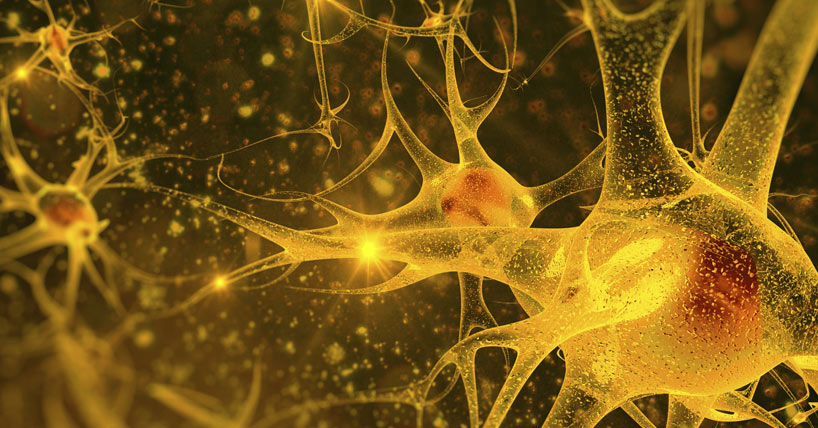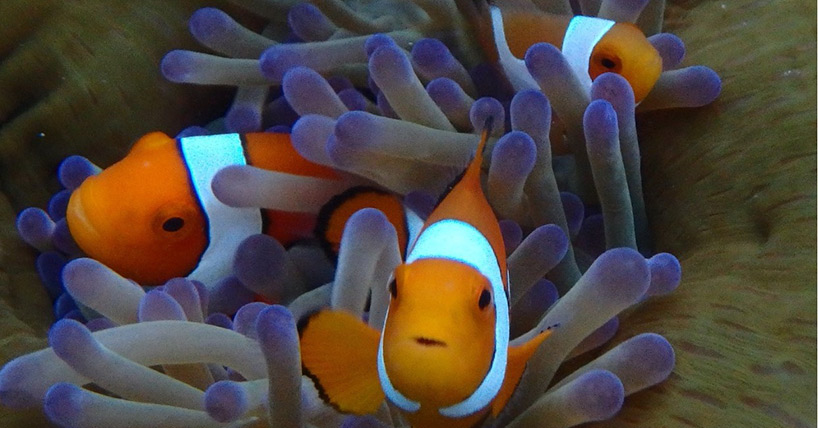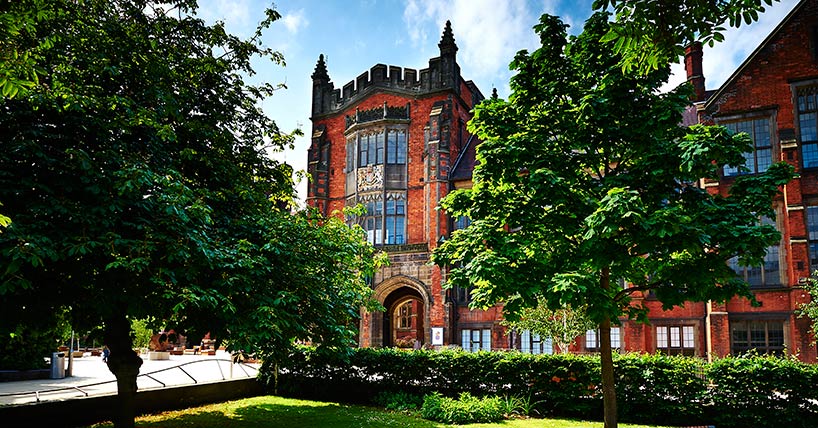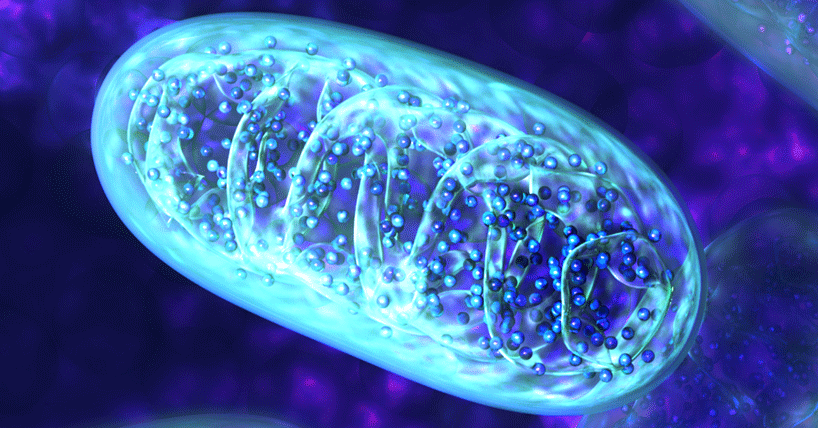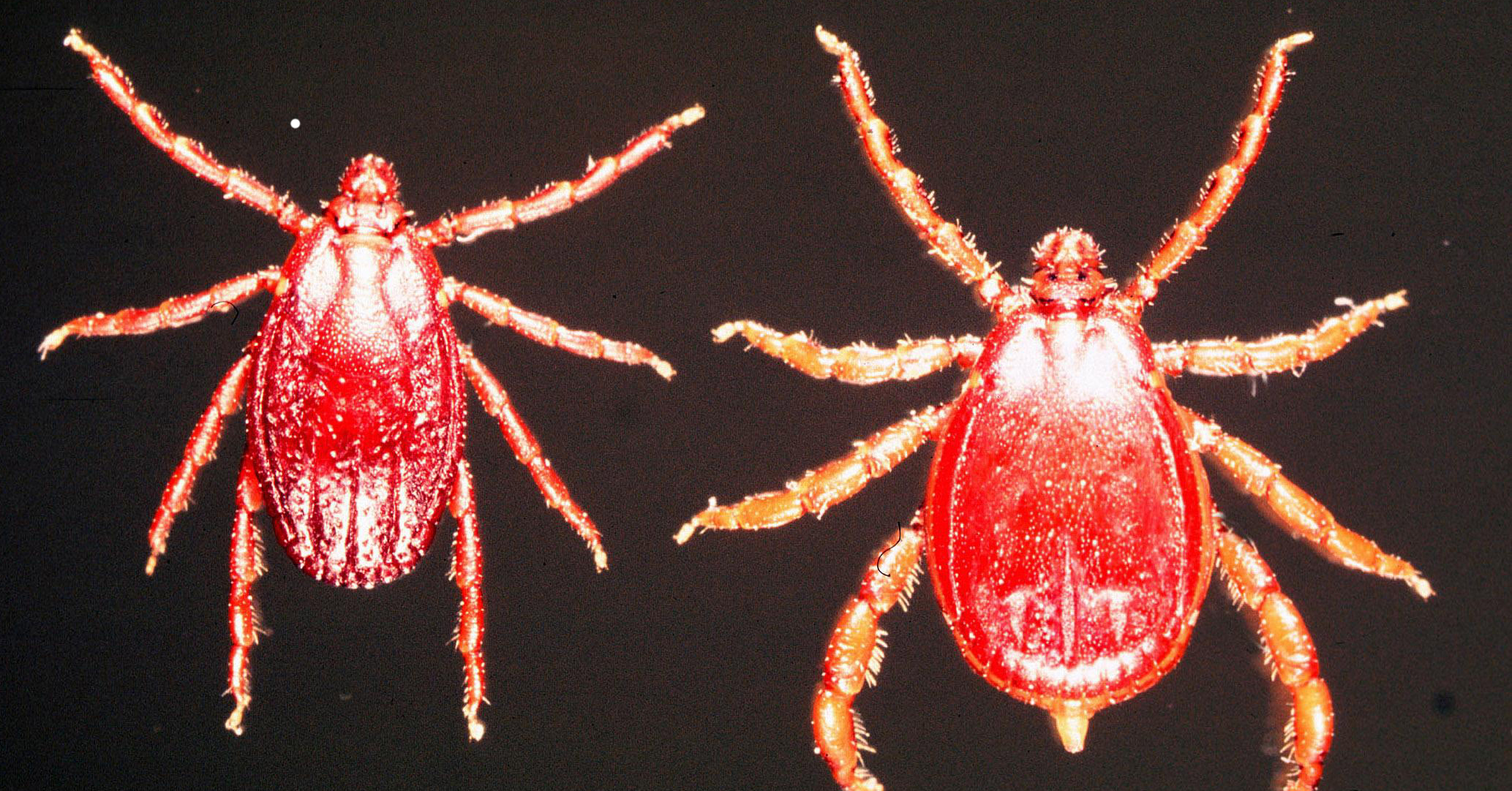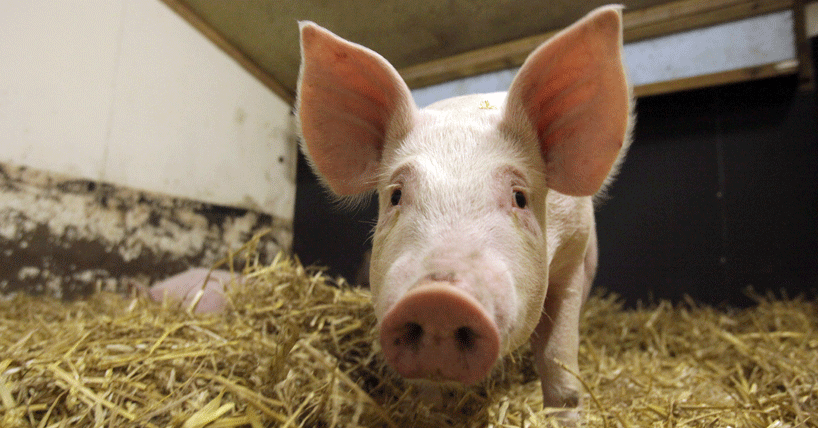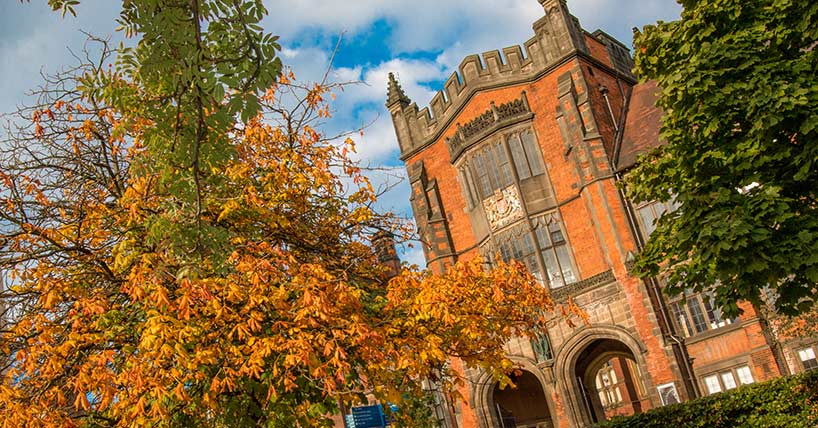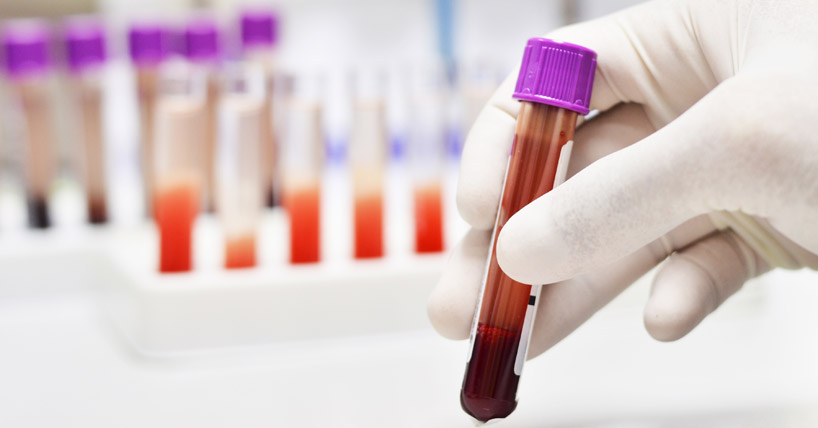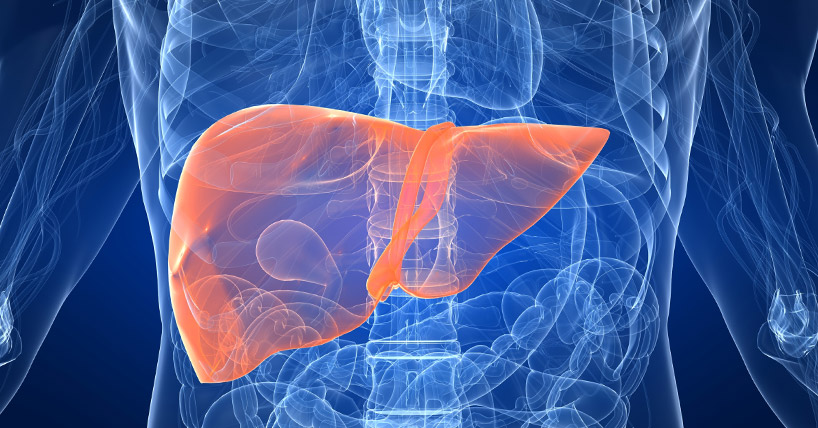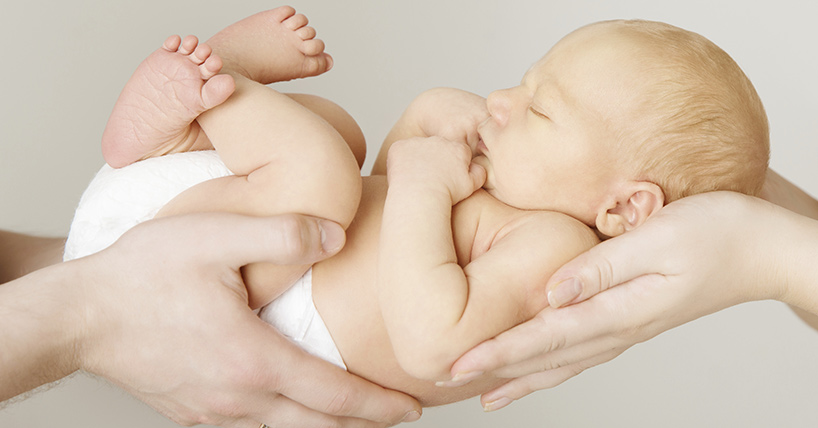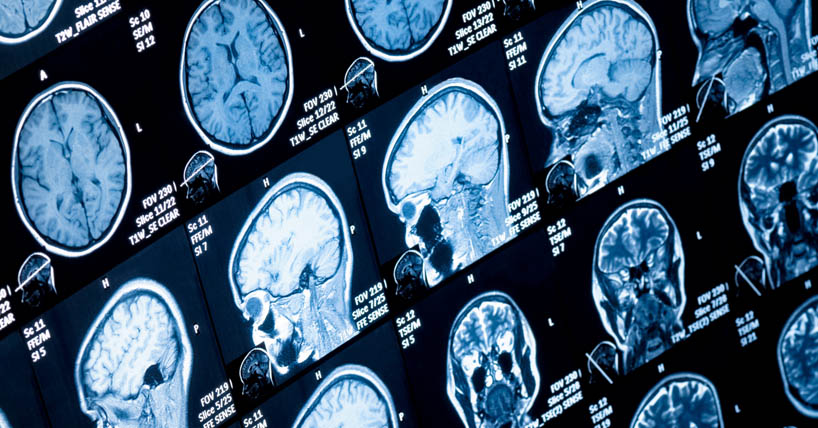Animal Research News
Read the latest animal research news from Newcastle University.
Animal Research news
Changes needed to ensure patients benefit from Alzheimer's treatments
Experts have outlined that healthcare, policy, and social changes are needed to make the most of Alzheimer’s treatment breakthroughs.
Eight babies born after Mitochondrial donation
The UK’s pioneering licensed IVF technique to reduce the risk of mitochondrial diseases carried out in Newcastle has seen eight babies born, published research shows.
New £50m centre to develop brain stimulation device-based therapies
A new research centre involving Newcastle University experts aims to develop brain stimulation devices to treat conditions such as Parkinson’s disease, dementia, stroke and childhood epilepsy.
New therapy to overcome treatment-resistant skin cancers
A study has revealed why some patients don’t respond to immune checkpoint blockade (ICB) therapy for solid cancer tumours and identifies a new combination treatment.
Comment: Clownfish shrink during marine heatwaves
Writing for The Conversation, Dr Theresa Rueger, Melissa Versteeg and Dr Chancey MacDonald discuss a new study they led which found that clownfish shrink in response to heat stress.
Shrinking Nemo: Clownfish survive heatwaves by shrinking
Clownfish have been shown to shrink in order to survive heat stress and avoid social conflict, Newcastle University research reveals.
Newcastle reaffirmed as a Leader in Openness in animal research
Understanding Animal Research has announced that Newcastle University has reaffirmed its status as a Leader in Openness from 2025 - 2028.
Groundbreaking dental surgery cures sloth’s toothache
Pioneering surgery by Newcastle University dental experts to cure a sloth’s toothache has been a success.
Scientists unveil world-leading technology to speed up drug discovery
A new 3D bio-printer that produces human-like tissue holds the potential to revolutionise the discovery of new drugs for cancer, heart disease and arthritis.
Study shows Indian Ocean devil rays at risk of overfishing
Newcastle University experts demonstrate a data-poor approach to assess the sustainability of devil ray catch in Indian Ocean fisheries.
Signature whistles help estimate bottlenose dolphin abundance
Using signature whistles is an effective means for estimating abundance of bottlenose dolphins, new research confirms.
Lights inside the skull shown to modify brain waves
Researchers have developed a system which uses light stimulation to modulate brain waves.
How nemo fits in his anemone
Study reveals how clownfish adjust their growth to their environments.
Preventing long term side effects of cancer radiotherapies
A new study has found that a simple, one-off treatment was able to prevent long term side effects of cancer radiotherapies.
Newcastle reaffirmed as a Leader in Openness in animal research
Understanding Animal Research has announced that Newcastle University has reaffirmed its status as a Leader in Openness from 2022 -2025.
REF2021 confirms growth in research excellence and impact at Newcastle
The national assessment of research performance has reported world-leading research with outstanding impact for society and the economy across all disciplines at Newcastle University.
World-leading consortium focused on mitochondrial dysfunction
Experts at Newcastle University are part of a £2.93 million world-leading consortium focused on human conditions linked to mitochondrial dysfunction.
Tick saliva drug could ease chronic pain and itching in people
A protein found in tick saliva could be turned into a drug that eases itching and chronic pain in people.
Deficiency in recycling of mitochondria: a new disease mechanism
An international team of scientists have reported the first evidence that “mitophagy” – recycling of damaged mitochondria – contributes to human disease.
Report calls for animal welfare to be at heart of genome editing plans
A Newcastle University academic has contributed to a new report which says animal welfare must be at the heart of plans to approve new breeding technologies in farming and food production.
THE Awards
The University has won Outstanding Estates Team and Outstanding Technician of the Year at Times Higher Education Awards 2021.
Critical cell process shown to be missing in humans
Patients with a unique cellular disorder are helping researchers understand a series of health complications better.
Gentle stroll on treadmill helps prevent liver cancer
Regular gentle exercise could play a role in reversing liver damage that can lead to cancer, suggests a new study.
Research to study genes in congenital heart defects
New research at Newcastle University will study how certain genes could lead to heart blood vessel defects in babies.
Stimulating brain pathways shows origins of human language and memory
Scientists have identified that the evolutionary development of human and primate brains may have been similar for communication and memory.
